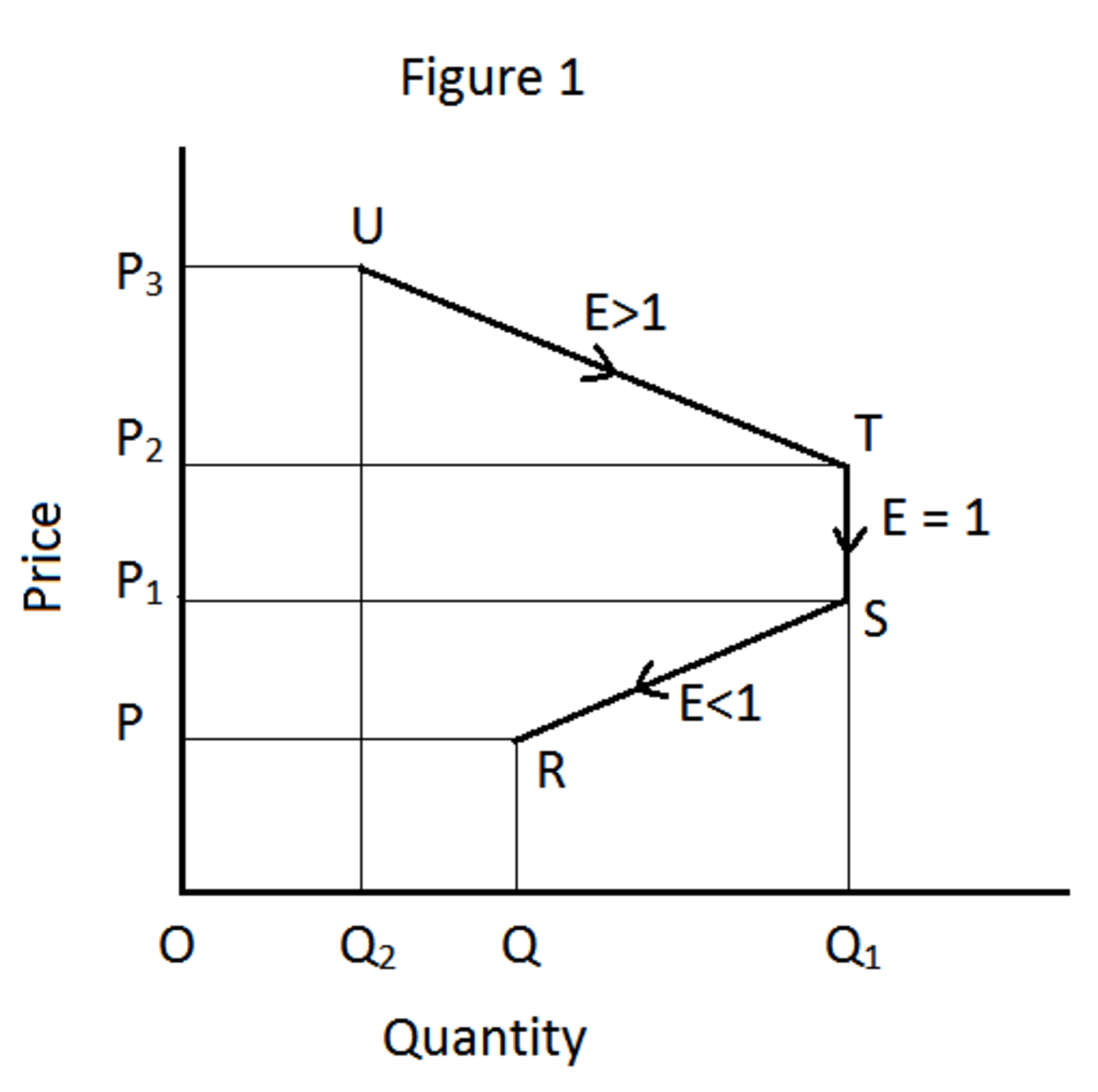Meaning of Efficiency According to Economics

Efficiency is a relative concept. Generally, efficiency refers to the quality as well as the quantity of work done. For example, if A and B two workers are assigned the job to construct a wall measuring 10 ft. long and 5 t. high. Both are given the same material and the same tools. Their wages are also the same. Moreover, both are given a fixed time of 8 hours to finish the job. If A finishes the assigned job one hour earlier in B, A will be called more efficient than B. but finishing the job earlier is not the criteria for efficiency. If A wastes more raw material than B, now in this situation B will be more efficient than A. similarly, if the job is finished earlier but the wall is not straight, A will not be an efficient worker. If A finishes the job earlier maintaining the required standard with a minimum possible waste of raw material then A will be more efficient than B. in other words, efficiency concerns with the following.
a. Minimum utilization of time.
b. Minimum waste of raw material
c. The maximum volume of work done.
In the light of above discussion, the efficiency of labor can be defined as under
".... Efficiency refers to a maximum volume of work with required standard and minimum waste of raw material".
Factors of Efficiency
The efficiency of labor depends not only on the working skill but also on other factors. Following are the factors on which the efficiency of labor depends:
1. Climate: Climate means the average of rainfall and the temperature maintained in a country during a year. The climate of a country is aggregately classified as either 'hot' or cold'. It is observed that the physical conditions and climate of a country influence the working efficiency of the labor. The people in extremely hot or cold countries become lethargic and slow and so less efficient On the contrary, the temperate climate makes the people alert and thereby efficient.
2. Heretical Characteristics: In making the laborer efficient, heretical characteristics play the decisive role. For example, the people of Norway in shipping, people of Switzerland in making watches and the people of Northern areas in Pakistan are more efficient with reference to the laborious jobs. The heretical characteristics are transferred from generation to generation
3. Intelligence: The intelligence of a worker plan an important role in determining the working efficiency
Two workers, a worker, possessing more comprehension power, will be more efficient than the worker who is lacking intelligence. An intelligent person not only understands the earlier but he also performs it in a better way.
4. Reasonable Wages: The worker renders the labor for wage only, therefore, if he does not get a reasonable wage, he will be disheartened. If he is working under some compulsions, he will not work wholeheartedly and willingly consequently, his efficiency is bound to be lowered down. The workers who are paid reasonable and expected wages are generally more efficient
5. Living Standard: Living standard means quality and quantity of food, shelter, and cloth available to the individual to consume. Better food, better shelter, and better clothes influence the worker's health and psychology. If a worker is provided with the reasonable living standard, he can work efficiently. In case of low living standard, sickness and ailment are created due to which the working efficiency is bound to be lowered down.
6. Moral of The Worker: Morals means those social values and trends which have general acceptability like wisdom, honesty, truthfulness etc. The workers of high morals perform their duties with responsibility and honestly and so they should obviously be efficient. On the contrary, the workers who lack these qualities of high moral neglect the job and so they become less efficient or inefficient
7. Working Conditions: The Atmosphere where the laborer works also plays a crucial role in determining his efficiency. For example, the factories where the machines have been installed on the principle of health and hygiene where the machines and tools are latest, where the mutual relations of the co-workers are congenial, and the workers will be more efficient as compared to those factories where the working atmosphere is opposite to this.
8. Hours of Work: Every person possesses a limited working capability. For example, an Asian worker can work for ours but if he is forced to work for 9 hours, he will become effective for 1 hour due to fatigue. Therefore, if the working hours are reasonable, the laborer will be efficient and inefficient if the hours of work are more than capability








